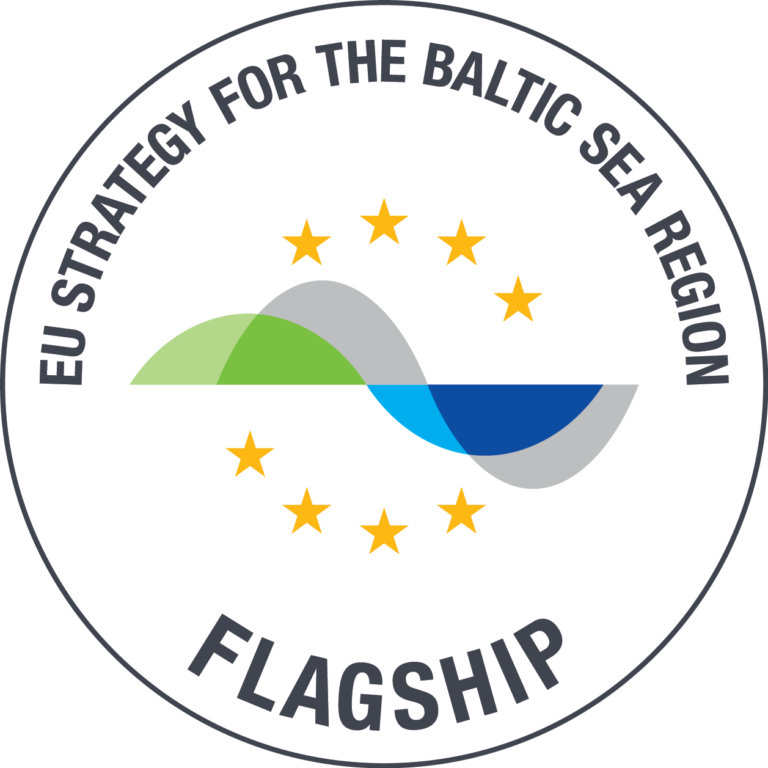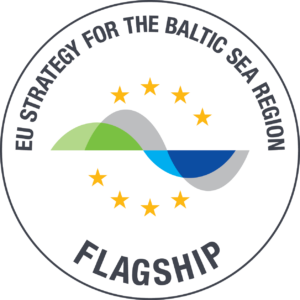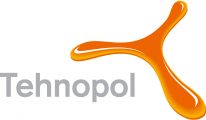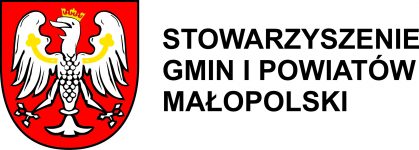Energy efficiency is based on more effective production, management and further use energy resources. Increasing efficiency as part of investments brings many benefits in the near future and in the long term too. A very important aspect is convincing decision-makers to implement energy-efficient projects and the correct implementation of energy-related activities.
Frequent mistakes made during planning investments, block the possibility of increasing their profitability.
Investors are often afraid of increasing costs after implementing effective solutions. They do not pay attention to the numerous benefits that such projects bring with them. Lack of knowledge about applicable regulations, including the possibility of using various forms of financial support, significantly limits the scope of investment capabilities. In addition, the problem is the improper use of available support. An important aspect is also the fear of public opinion about the implementation of a more expensive project. Another danger which appears during the implementation of the investment is the lack of qualified personnel and lack of awareness of the economical use of equipment.
Investments in which the possibilities to increase their efficiency have not been taken into account have negative effects, such as:
- Higher consumption of electricity and heat
- Poor quality of energy supply
- Excessive emissions
- Interruptions in fuel supplies
- Danger to the building if the external power supply fails for a long time
In order to prepare the best adapted project to effective work, it is worth monitoring all used elements. Education and information activities are also very important. As a result, people who use the facilities will carry out energy saving measures. In addition, increased awareness among people will reduce negative attitudes towards energy-efficient projects. It is worth getting acquainted with the investment support offer in a chosen area. Pursuant to Directive 2010/31/EU, Member States combine their financial resources to improve efficiency while the certain criteria will be achieved.
The Pałecznica commune is an example of the proper use of the possibilities of implementing energy-efficient projects. The scope of the investment included:
- installing ground heat pumps using the financial resources of Małopolska RPO 2007-2013
- installing a solar farm
- installing solar installations on roofs and nearly seven communal facilities
- making thermomodernization of the building of the Commune Office building in 2018-2019
- replacement of old coal boilers with the use of financial support
- information campaign for residents encouraging the use of more beneficial solutions and technologies
GPP Business Park in Katowice is a modern complex of energy-efficient office buildings, in which used solutions such as:
- Trigeneration system, which is a process of generating electricity from natural gas, during
which heat is released for reuse - BMS building management system adapting the work of individual elements to the
building demand - Temperature, CO2 and humidity sensor system help ensure proper conditions in the facility
- High thermal insulation of windows and facades
- Lighting systems with light intensity sensors and automatic controlled blinds adjusting
the right amount of solar radiation access - Fast and energy-efficient lifts with electricity recovery
- Rainwater recovery system
- Electric vehicle charging stations
Author: Barbara Wos, Association of Communes and Cities of Malopolska Region, Poland













